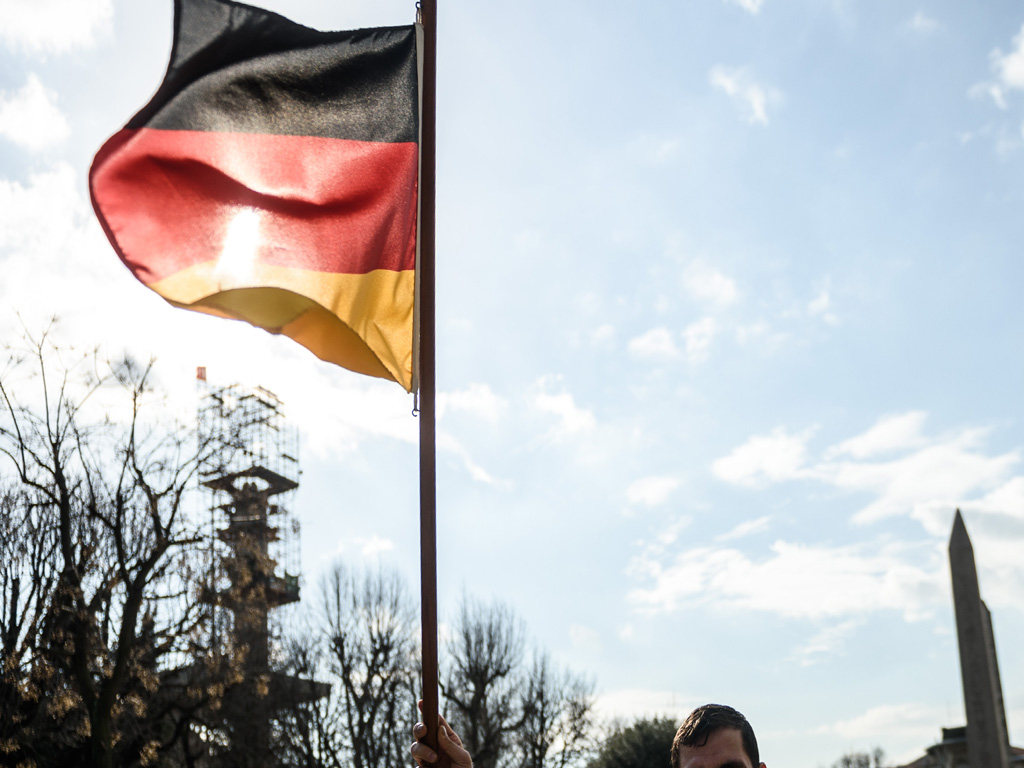Germany should raise minimum wage to 9.35 euros in 2020, commission says

BERLIN: Germany should raise the minimum wage to 9.19 euros ($10.74) per hour next year and to 9.35 euros per hour in 2020, a commission recommended on Tuesday, paving the way for a possible boost to private consumption in Europe's biggest economy.
Chancellor Angela Merkel's government, which introduced a national minimum wage of 8.50 euros for more than 3 million workers in 2015, is expected to accept the commission proposal. The minimum wage was last raised in 2017, to the current 8.84 euros an hour.
The increase is likely to help lift household spending as U.S. President Donald Trump's protectionist trade policies pose a threat to Germany's export growth.
The International Monetary Fund and the Organization for Economic Co-operation and Development have both urged Germany to raise wages and invest more to boost domestic demand and reduce its large current account surplus.
The government was following the commission's previous recommendation when it raised the minimum wage in 2017. Labour Minister Hubertus Heil was scheduled to address reporters later on Tuesday.
The commission based its calculation on a complex formula that partly reflected an average wage rise of 4.8 percent over the last two years in Germany. The increase in the minimum wage in 2019 would amount to about 4 percent.
The introduction of the wage floor in 2015 was a key demand by Merkel's junior coalition partner, the Social Democrats. Senior SPD members, including Finance Minister Olaf Scholz, have called for a higher minimum wage of up to 12 euros per hour.
Scholz is planning to increase the number of minimum wage inspectors by 1,400 to 8,600 until 2022 to better control companies' compliance and fight circumvention of the wage rules.






















Comments
Comments are closed.